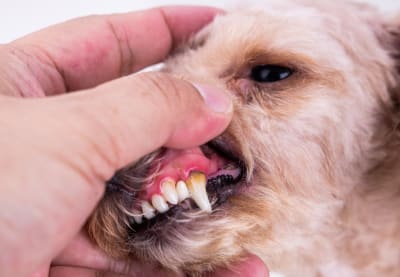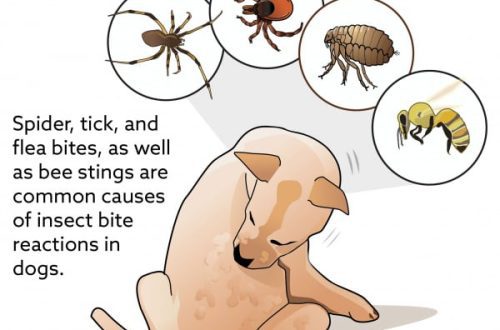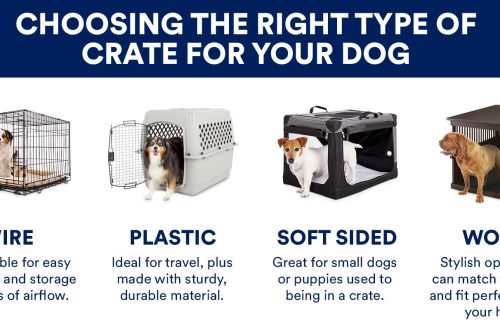
Galair fiaclóireachta i madraí: comharthaí agus cóireáil
Clár ábhair
Ábhar Grafach
- Normal dog teeth
- abscess fiaclóireachta
Spending a lot of time with your dog is a lot of fun for both of you, as long as you don’t feel his breath! Taking care of your dog’s dental health can do more than just freshen his breath – it can improve his quality of life.
Cad is galar fiaclóireachta ann?
Keeping your pet’s teeth clean is difficult, so dental health problems are very common.
IStudies show that 80% of dogs around two years of age show signs of dental disease. Problems usually start with a buildup of sticky plaque that hardens and turns into tartar. If left untreated, it can lead to gingivitis, a painful condition of inflamed gums, and eventually periodontal disease. The dog may lose teeth and be susceptible to infections that affect other organs.
Cad is cúis le galar fiaclóireachta?
Plaque (a colorless film on a dog’s teeth) is the cause of bad breath and gum disease. Because the puppy does not brush like you do, this plaque can lead to tartar buildup. The result is swelling, redness and inflammation of the gums or, in other words, gingivitis. If not checked regularly by the veterinarian, your dog may develop periodontal disease, which will destroy the gums and tissues that support the teeth.
This is a serious problem, but don’t worry, most dental problems can be prevented and treated. Have your veterinarian perform a complete dental exam on your dog. Brush his teeth regularly.
Certain factors contribute to the occurrence of dental problems:
Aois. Dental disease is more common in older dogs.
Pórú. Small dogs usually have crowded or uneven teeth that are difficult to keep clean, making them more prone to dental disease.
Bia. Feeding dog food that sticks to teeth can lead to more rapid plaque buildup.
Keeping your dog’s teeth and gums clean and healthy is not difficult at all. The first step is to ask your veterinarian about professional dental prophylaxis. After that, you should feed your pet a special dry food, with larger kibbles that clean the animal’s teeth in the process of eating. Also start brushing your dog’s teeth regularly. Your veterinarian will advise you on how to do this.
Does my dog have oral health problems?
- Droch-anáil.
- Stomatitis.
- Deacrachtaí le hithe.
- Fiacla scaoilte nó scaoilte.
- The pet touches with its paw or rubs its mouth.
- Guma bleachta.
- Tartar buí nó donn ar na fiacla.
- Saoradh.
IMPORTANT. Even if your pet does not show any signs of oral health problems, we recommend that you visit your veterinarian regularly to learn how to brush your dog’s teeth to prevent problems in the future.
Tábhacht cothaithe
The health of a dog and its condition in general largely depend on the food that it eats. Ordinary dry food is good for your pet’s teeth, as the gentle abrasive action cleans her teeth when chewing on the kibble. If your dog has more severe symptoms of gingivitis, you can give him a specially formulated dog food that does a much better job of brushing his teeth than regular dry food.
A balanced diet is an essential part of an active, healthy lifestyle. If your dog has bad teeth, choosing the right food is even more important. For an accurate diagnosis and treatment options, always consult your veterinarian and ask them to recommend the best food for your pet’s dental health.
Ask your veterinarian about dental health and disease:
- Are there foods that should not be given to a dog in its condition?
- Fiafraigh conas is féidir le bia daonna dul i bhfeidhm ar shláinte do mhadra.
- Would you recommend Hill’s Prescription Diet for my dog’s dental health?
- Ask about nutritional requirements for your dog.
- Cé mhéad agus cé chomh minic ba chóir duit an bia molta a bheathú do do mhadra.
- How soon should we expect signs of improvement in her condition?
- Can you give me written directions or a pamphlet about the health and dental conditions diagnosed in my dog?
- What is the best way to contact you or your clinic if I have more questions (email/phone)?
- Fiafraigh díobh an mbeidh ort teacht isteach le haghaidh coinne leantach.
- Fiafraigh an bhfaighidh tú fógra nó meabhrúchán ríomhphoist faoi seo.





